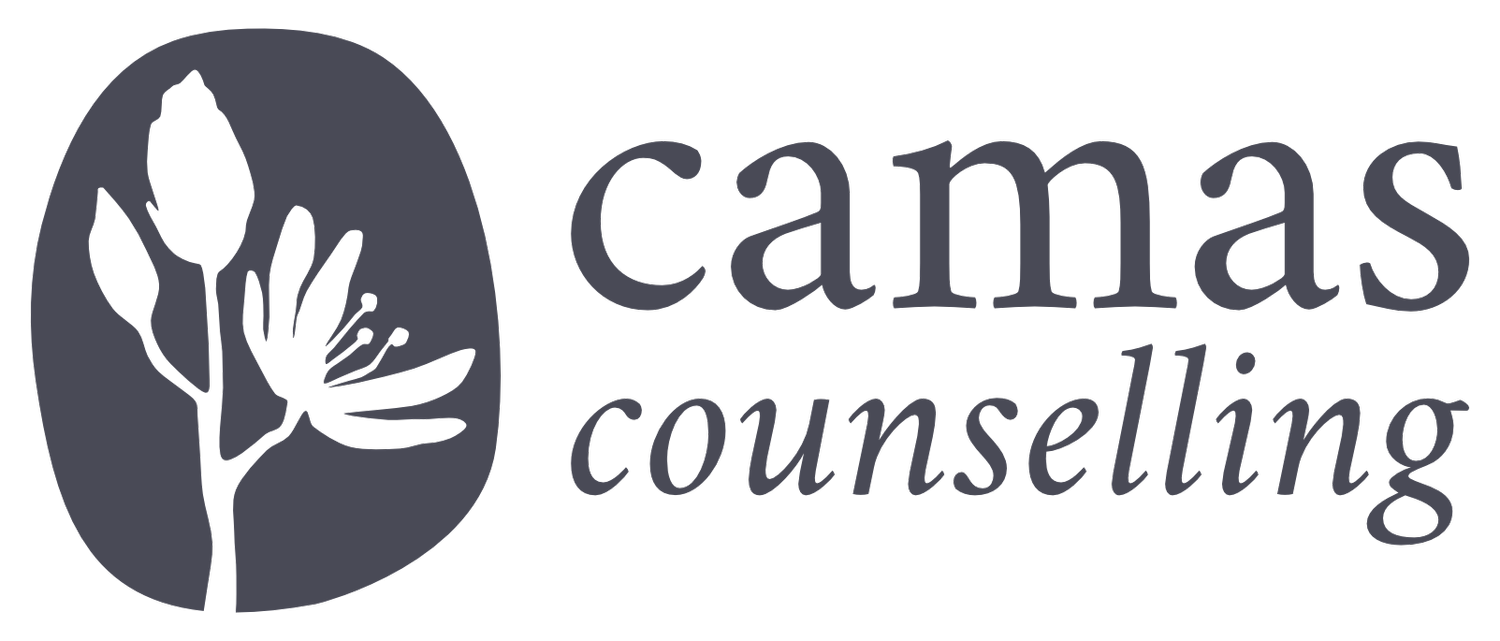The Beginners Guide to Meditation
Nurturing Mental Well-being through Mindfulness.
In the hustle and bustle of our fast-paced lives, finding moments of tranquility can be challenging. As you navigate the path toward mental well-being, incorporating meditation into your routine can be a powerful tool for self-discovery, stress reduction, and overall emotional resilience. This beginner's guide aims to demystify meditation, offering you a friendly and knowledgeable introduction to this transformative practice. At its core, meditation is a practice that involves training the mind to achieve a heightened state of awareness and focus. While its roots trace back to ancient traditions, contemporary therapeutic approaches increasingly recognize meditation as a valuable tool for managing stress, anxiety, and various mental health challenges.
Getting Started: Creating a Comfortable Space
Begin your meditation journey by carving out a dedicated space for your practice. Find a quiet and comfortable spot where you won't be easily disturbed. Consider using a cushion or chair for added comfort, ensuring that your posture supports alertness without strain. Contrary to popular belief, there's no need for a rigid cross-legged position. Sit comfortably with your back straight and your hands resting on your knees or in your lap. If sitting on the floor is uncomfortable, a chair is a perfectly acceptable alternative.
The Breath: Your Anchor to the Present Moment
Now that you're settled, turn your attention to your breath. The breath serves as a reliable anchor to the present moment. Focus on the sensation of your breath as you inhale and exhale. Notice the rise and fall of your chest or the coolness of the air as it enters and leaves your nostrils. As you breathe, your mind may inevitably wander. This is entirely normal. Instead of chastising yourself, gently guide your attention back to your breath. Mindful awareness is about being present without judgment. Gradually, extend this awareness to the sensations in your body, sounds in your environment, and the thoughts passing through your mind.
Start Small: The Power of Short Sessions
In the beginning, aim for short meditation sessions. Even just five minutes can make a significant impact. As you become more comfortable with the practice, gradually extend the duration. Consistency is key; establishing a regular routine fosters the development of a sustainable meditation practice.
Guided Meditations: A Helping Hand
If sitting in silence feels challenging initially, consider using guided meditations. Numerous apps and online resources offer guided sessions led by experienced meditation instructors. These can provide helpful cues, introducing you to various techniques and helping you explore what resonates best with you. Books by authors like Jon Kabat-Zinn ("Wherever You Go, There You Are") and apps like Headspace and Insight Timer offer valuable guidance. Additionally, consider joining meditation communities or classes, providing a supportive environment for shared experiences and insights.
Mindfulness Meditation: Cultivating Awareness
Mindfulness meditation, in particular, has gained prominence in therapeutic circles. It involves cultivating awareness of the present moment with an open and non-judgmental attitude. Pay attention to your thoughts and feelings without getting entangled in them. This practice fosters a sense of acceptance and clarity.
Body Scan Meditation: Relaxing Tensions
Another accessible meditation technique is the body scan. Start by bringing your attention to different parts of your body, progressively relaxing each area. This practice not only helps release physical tension but also promotes a heightened sense of body awareness.
Loving-Kindness Meditation: Cultivating Compassion
Loving-kindness meditation involves directing positive intentions toward oneself and others. Begin by offering kind thoughts to yourself, then extend these wishes to loved ones, acquaintances, and even those you may find challenging. This practice fosters compassion and can be particularly beneficial in enhancing overall well-being.
Conclusion: Embracing the Journey
Embarking on the journey of meditation can be a gift to yourself—a commitment to nurturing your mental well-being. Meditation is a skill that develops over time. Like any skill, it may come with its challenges. Restlessness, a wandering mind, or impatience are common hurdles. Approach these with kindness and perseverance. Remember, each moment of awareness is a step toward greater mental clarity and resilience. Meditation can be a complementary ally to traditional therapeutic approaches. It enhances self-awareness, promotes emotional regulation, and empowers you to navigate life's challenges more skillfully. If you’re interested in meditation, it’s great to discuss it with your therapist to explore how it can complement your ongoing therapeutic journey. Embrace the practice with curiosity, kindness, and an open heart. As you navigate the landscape of your thoughts and emotions, remember that each moment of presence is a step toward greater self-discovery and resilience. May your meditation journey be a source of solace, insight, and lasting well-being.


